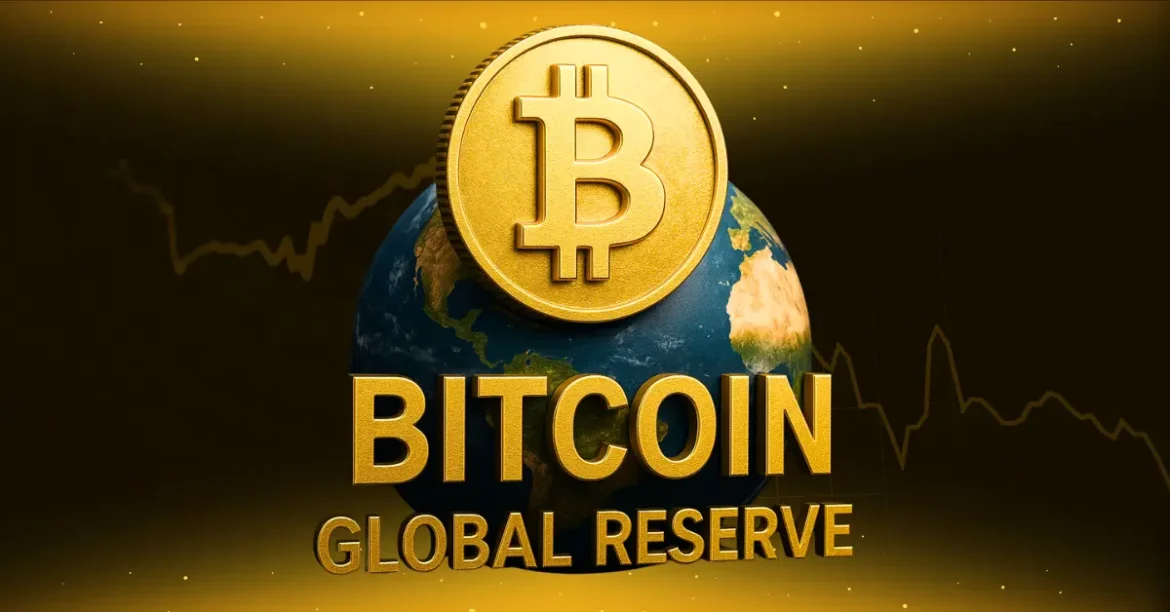JPMorgan’s Bitcoin Pivot: From Skepticism to Service Offering
For years, JPMorgan Chase and its CEO Jamie Dimon have been vocal critics of Bitcoin, often expressing deep skepticism and even outright condemnation of the cryptocurrency. Yet, in a striking turn of events, JPMorgan is now embracing Bitcoin in a practical, client-facing capacity. This report unpacks the implications of this shift, its context, and what it means for the financial landscape.
—
The Historical Context: Dimon’s Battle with Bitcoin
Jamie Dimon’s resistance to Bitcoin has been robust and well-documented. In 2017, Dimon famously labeled Bitcoin a “fraud,” and he continued to voice his disapproval through the years, asserting that he would “close it down” if he could. His skepticism was rooted in concerns about Bitcoin’s volatility, regulatory issues, and its use in illicit activities.
This attitude reflected a broader caution within institutional finance, where cryptocurrencies were often viewed as speculative assets lacking intrinsic value and fraught with risk. As the CEO of the largest US bank, Dimon’s opinion shaped not only his institution’s strategy but also influenced many traditional investors wary of digital assets.
—
The Turning Point: Institutional Demand and Market Evolution
Despite Dimon’s personal doubts, JPMorgan has observed a growing demand from its high-net-worth clients for access to Bitcoin and crypto-related investments. Several factors contributed to this:
– Client Demand: Increasing client interest in Bitcoin as an investment or store of value pressured JPMorgan to reconsider its stance. Clients were effectively signaling that ignoring crypto exposure could mean losing business.
– Regulatory Shifts: Easing regulations and clearer guidelines, particularly in the US, have reduced institutional barriers to offering crypto services, making the product less of a legal or compliance risk.
– Product Maturation: The emergence of regulated products such as Bitcoin ETFs, notably BlackRock’s iShares Bitcoin Trust ETF (IBIT), has made it easier to integrate crypto exposure into familiar financial vehicles.
Against this evolving landscape, JPMorgan has strategized to blend innovation with risk management by allowing clients access to Bitcoin while carefully limiting its own exposure.
—
What JPMorgan Now Offers: Access Without Custody
The bank recently announced that it will allow its trading and wealth-management clients to buy Bitcoin and even use certain Bitcoin-linked assets as collateral for loans. Yet there are important nuances:
– No Custody Services: JPMorgan will not hold or manage Bitcoin custody for clients. Instead, clients can access Bitcoin investments through ETFs that the bank supports, keeping the asset management third-party.
– Collateral for Loans: Clients can leverage crypto-linked assets, including the BlackRock Bitcoin ETF (IBIT), as collateral for loans. This introduces new liquidity options and financial products tied to cryptocurrencies inside traditional banking frameworks.
– Reporting Integration: Bitcoin holdings will be integrated and reported in clients’ JPMorgan statements, making the accounting and tracking process familiar and seamless for investors.
This approach balances opening the doors to crypto exposure while maintaining regulatory and reputational safeguards by avoiding direct handling of the digital assets.
—
Dimon’s Personal Stance: Skepticism with Pragmatism
Even with these steps forward, Jamie Dimon remains personally skeptical of Bitcoin. He refers to himself as “not a fan,” highlighting the range of concerns that persist among traditional finance leaders — from volatility to the association with illicit trade. However, Dimon acknowledges the inevitability of client demand and insists on offering access to maintain competitive relevance:
> “I defend your right to buy Bitcoin,” Dimon stated, albeit with some lingering reservations.
This signals a pragmatic compromise: while he is not converted to cryptocurrency evangelism, he recognizes its growing importance within client portfolios.
—
Broader Significance for Finance and Cryptocurrency Adoption
This development carries multiple symbolic and practical implications:
– A Symbolic Win for Bitcoin: One of the most vocal and influential skeptics embracing Bitcoin services symbolizes the cryptocurrency’s mainstream acceptance. It signals to other financial institutions that crypto is no longer an outsider asset but a client-driven reality.
– Acceleration of Institutional Crypto: JPMorgan’s move underscores that the institutional adoption of cryptocurrency is gathering strength, propelled by investment products like ETFs and new regulatory clarity.
– Hybrid Financial Models: By permitting Bitcoin exposure without custody, JPMorgan exemplifies a hybrid model blending traditional finance’s risk discipline with the innovation of decentralized assets.
– Impact on Client Expectations: Wealthy and institutional clients now expect crypto access as a baseline service, not an exotic offering, reshaping banking and wealth management paradigms.
—
Conclusion: A New Chapter in Traditional Finance’s Crypto Engagement
JPMorgan’s embrace of Bitcoin, despite CEO Jamie Dimon’s lingering skepticism, marks a pivotal moment in cryptocurrency’s evolution from fringe asset to mainstream financial instrument. It reflects a shift from ideological opposition to pragmatic accommodation driven by client demand, market maturation, and regulatory evolution.
This balancing act—opening doors to Bitcoin investments and lending while sidestepping direct custody—exemplifies how major financial institutions are adapting to digital assets. As this trend continues, JPMorgan’s move may set the tone for more cautious yet inevitable integration of cryptocurrencies into global financial services.
Bitcoin is no longer a “fraud” or a fringe gamble in the eyes of the greatest traditional bank in America. It has entered the vaults of legitimacy, even if softly, and this breakthrough will likely inspire further innovation, acceptance, and, eventually, deeper institutional involvement in the crypto space.





